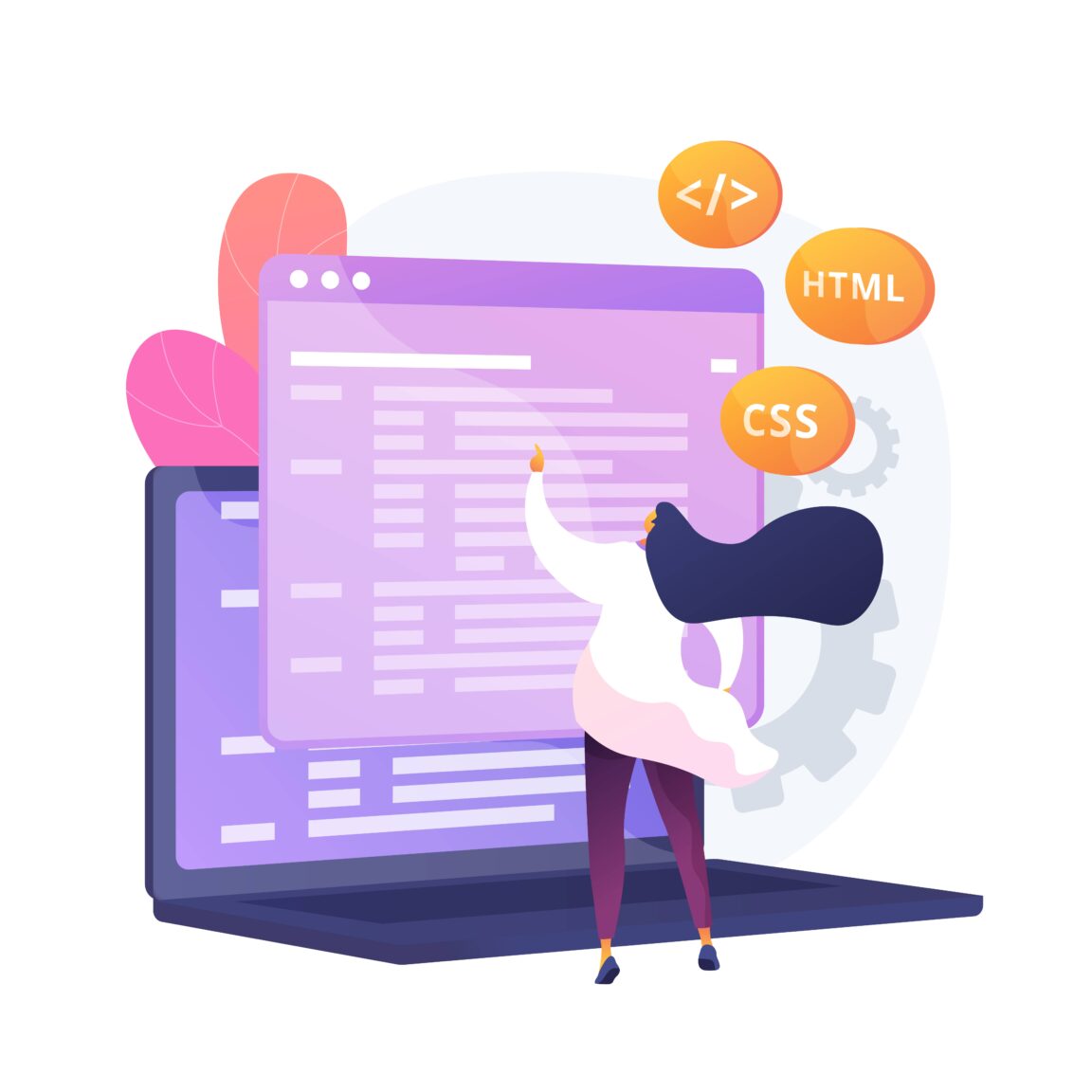PHP, a robust and versatile scripting language, remains a cornerstone in web development, powering numerous websites and applications. Over time, a multitude of PHP frameworks has emerged, each catering to specific development needs, offering unique features, and simplifying the process of building dynamic web applications. In this article, we’ll delve into the realm of PHP frameworks, exploring their diversity, highlighting the differences, and unveiling the latest options in the domain of web development.
Understanding PHP Frameworks
PHP frameworks streamline the web development process by providing a structured foundation, pre-built modules, and libraries, facilitating efficient coding, and ensuring scalability and security. They offer a structured approach to create web applications by enforcing the MVC (Model-View-Controller) architectural pattern or its variations.
Different PHP Frameworks: A Landscape Overview
- Laravel: Among the most popular PHP frameworks, Laravel stands out for its elegant syntax, expressive codebase, and a rich ecosystem. Its extensive features like ORM (Object-Relational Mapping), robust routing, and powerful templating engine, Blade, have garnered a massive following among developers.
- Symfony: Renowned for its modularity and flexibility, Symfony provides reusable components that simplify the development process. It emphasizes code reusability, making it ideal for large-scale enterprise applications.
- CodeIgniter: Known for its lightweight footprint and straightforward installation, CodeIgniter offers high performance and requires minimal configuration, making it a preferred choice for small to mid-sized projects.
- Yii: Yii stands for “Yes, it is!”, signifying its efficiency and ease of use. Its performance-oriented approach, along with features like Gii (a powerful code generation tool), makes it suitable for rapidly developing modern web php framework applications.
- Phalcon: Uniquely designed as a C-extension, Phalcon provides exceptional performance by being directly loaded into the web server’s memory. Its innovative architecture results in faster execution speeds.
Exploring New PHP Frameworks
Laminas: Formerly known as Zend Framework, Laminas embraces a collection of PHP packages offering a flexible and robust foundation for building web applications. Its modular nature allows developers to use specific components without enforcing a rigid structure.
Lumen: Developed by the creators of Laravel, Lumen is a micro-framework designed for building lightning-fast microservices and APIs. Its simplicity and speed make it an excellent choice for small-scale projects requiring swift development.
Mezzio: Another addition under the Laminas Project umbrella, Mezzio focuses on providing middleware-oriented applications. It offers flexibility in designing applications by allowing developers to plug in middleware as per specific project requirements.
Choosing the Right Framework
Selecting the ideal PHP framework depends on various factors such as project scope, scalability needs, development speed, and familiarity. Laravel, with its comprehensive documentation and large community, often appeals to developers seeking a balance between robust features and ease of use. Symfony, on the other hand, caters well to enterprise-level applications due to its modularity and extensibility.
For smaller projects requiring rapid development, CodeIgniter and Lumen might be preferable due to their lightweight nature and simplicity. Meanwhile, developers seeking performance optimization might opt for Phalcon’s unique C-extension architecture.
Emerging Trends and Future Prospects
The PHP ecosystem is not stagnant; it’s a dynamic realm witnessing constant evolution. Recent trends indicate a shift towards microservices architecture, leading to the emergence of lightweight and fast frameworks like Lumen and Mezzio. These frameworks cater specifically to the demands of microservice-based development, where speed and scalability are paramount.
Moreover, the integration of PHP with modern frontend frameworks like React, Vue.js, and Angular has gained momentum. which PHP frameworks are adapting to seamlessly incorporate these technologies, allowing developers to create interactive and responsive user interfaces.
Factors Influencing Framework Choice
When deciding on a PHP framework, several crucial factors should be considered:
- Project Requirements: Assess the specific needs of your project—whether it’s a small-scale application, a large enterprise system, or a microservice-oriented architecture. Each framework has its strengths, making it suitable for distinct project scopes.
- Community Support: A vibrant and active community provides invaluable resources, including documentation, tutorials, and support forums. Laravel and Symfony, for instance, boast extensive communities that offer robust support and a vast array of plugins and extensions.
- Learning Curve: Some, like CodeIgniter, have a relatively shallow learning curve, making them ideal for beginners or projects with time constraints. Others, like Symfony, might require more time but offer extensive features and scalability.
- Performance and Scalability: For applications demanding high performance, frameworks like Phalcon, which focus on speed and efficiency, might be the preferred choice. Assess the scalability options offered by each framework to ensure it aligns with your project’s growth potential.
The Evolution Continues
As the web development landscape evolves, PHP frameworks adapt to embrace modern paradigms and emerging technologies. The PHP community remains committed to enhancing existing frameworks and introducing new ones to cater to diverse development needs.
Looking Ahead: The future of PHP frameworks seems promising, with a continued focus on enhancing performance, facilitating easier integration with frontend technologies, and simplifying microservices development. Developers can anticipate more innovations aimed at boosting productivity, security, and scalability.
Conclusion
In the dynamic landscape of web development, PHP frameworks continue to evolve, offering developers a plethora of choices to suit diverse project requirements. From established players like Laravel and Symfony to newer additions such as Laminas and Mezzio, the PHP ecosystem thrives on innovation, empowering developers to create robust and efficient web applications.
As you embark on your web development journey or seek to upgrade your skills, understanding the nuances of different PHP frameworks will undoubtedly pave the way for creating high-quality, scalable, and secure web applications.
The world of PHP frameworks is vast and continually evolving, so staying updated with the latest advancements and exploring these innovative tools will undoubtedly elevate your development prowess.
This post was created with our nice and easy submission form. Create your post!







Comments
0 comments